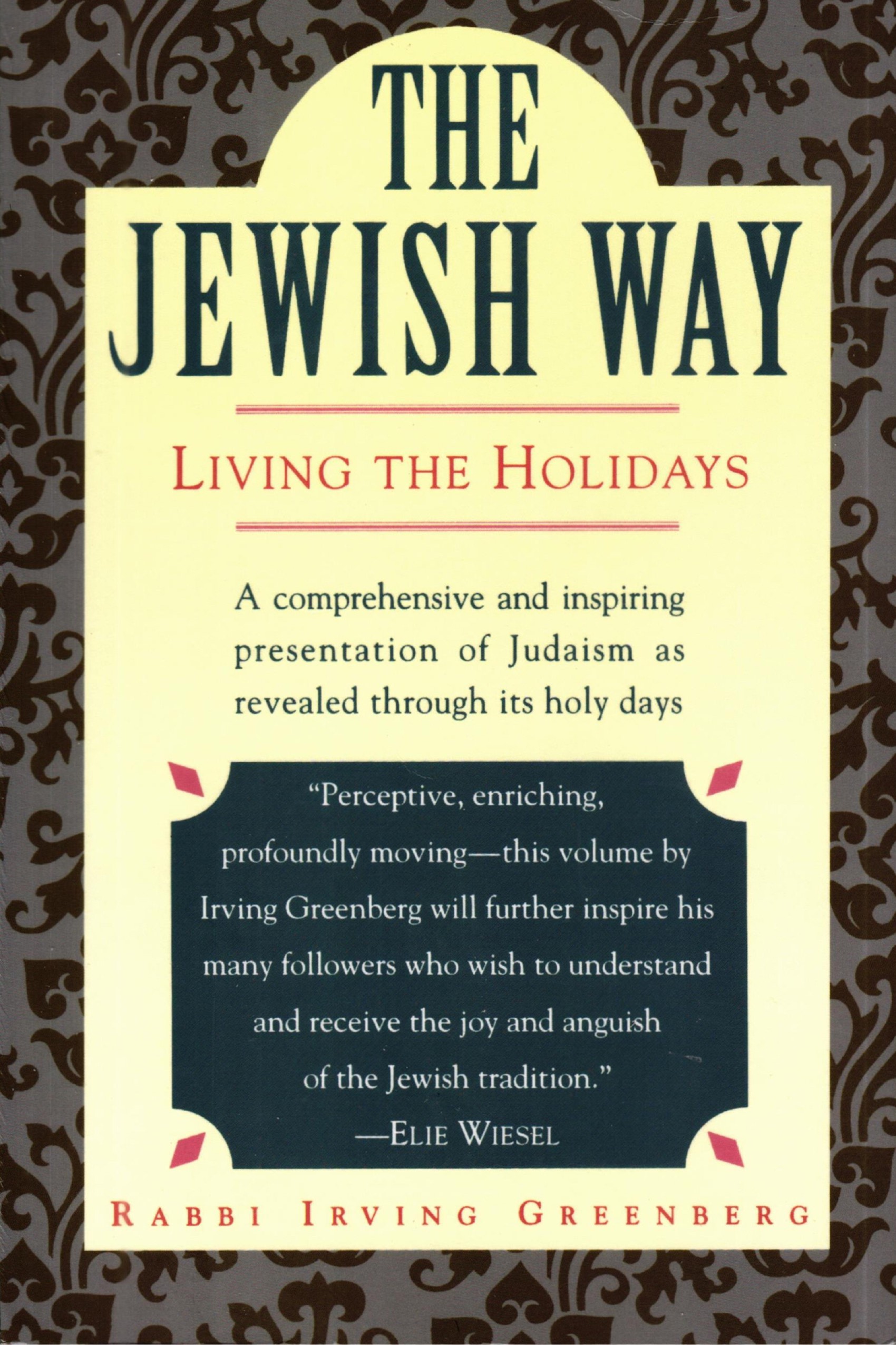THE JEWISH WAY (LIVING THE HOLIDAYS)
Summary of The Jewish Way: Living the Holidays by Rabbi Irving Greenberg
The Jewish Way: Living the Holidays by Rabbi Irving Greenberg is an insightful exploration of Judaism through its holidays. The book presents Jewish traditions, rituals, and historical context, demonstrating how Jewish festivals serve as a guide for religious and ethical living. It offers a comprehensive understanding of the holidays’ origins, their evolving meanings, and their relevance in contemporary Jewish life.
Key Themes and Structure:
1. The Jewish Holidays as a Framework for Life
• Greenberg views Jewish holidays as a pathway to understanding Judaism’s core values.
• He emphasizes that celebrating these holy days is not just a commemoration of past events but a reliving of Jewish history and an engagement with Jewish ethics.
• The Jewish calendar is structured to reinforce faith, identity, and the ongoing journey toward redemption.
2. The Core Festivals and Their Meaning
• Passover (Pesach): Celebrates the Exodus, highlighting themes of liberation and justice. The Seder serves as a reenactment of redemption.
• Shavuot: Commemorates the giving of the Torah at Mount Sinai, emphasizing law, commitment, and ethical living.
• Sukkot: Represents the Israelites’ journey through the wilderness, teaching reliance on God and humility.
3. The High Holy Days: Self-Reflection and Renewal
• Rosh Hashanah (Jewish New Year): A time of judgment and self-examination, marking the beginning of the spiritual renewal process.
• Yom Kippur (Day of Atonement): The holiest day of the year, dedicated to repentance, forgiveness, and personal transformation.
• Shabbat: A weekly practice that reinforces spiritual rejuvenation and a foretaste of the messianic future.
4. Historical and National Holidays
• Purim: Celebrates Jewish survival and resilience through the story of Esther, incorporating joy and humor.
• Hanukkah: Commemorates the Maccabean revolt and the miracle of the oil, symbolizing faith and perseverance.
• Tisha B’Av: A day of mourning for the destruction of the Temples, reflecting on Jewish suffering and hope for restoration.
5. Modern Additions to the Jewish Calendar
• Yom HaShoah (Holocaust Remembrance Day): A response to modern Jewish tragedy, ensuring that the memory of the Holocaust is preserved.
• Yom Ha’Atzmaut (Israeli Independence Day): Celebrates the establishment of the State of Israel, marking a significant moment in Jewish history.
Conclusion
Greenberg’s book presents Jewish holidays as a dynamic and evolving tradition, guiding Jews through both personal and communal spiritual journeys. Through deep analysis, he connects these observances to the broader themes of redemption, ethical living, and Jewish survival.
